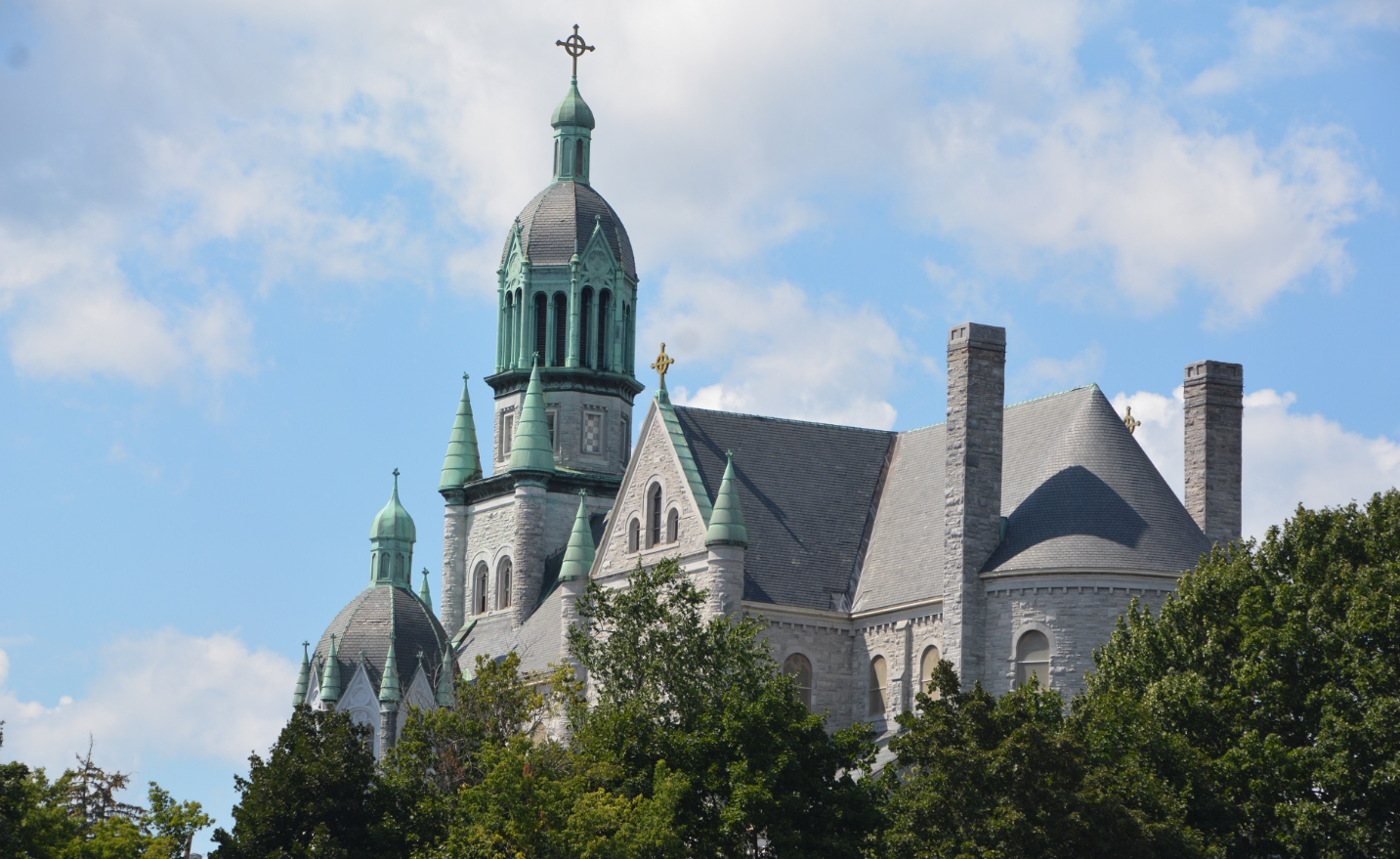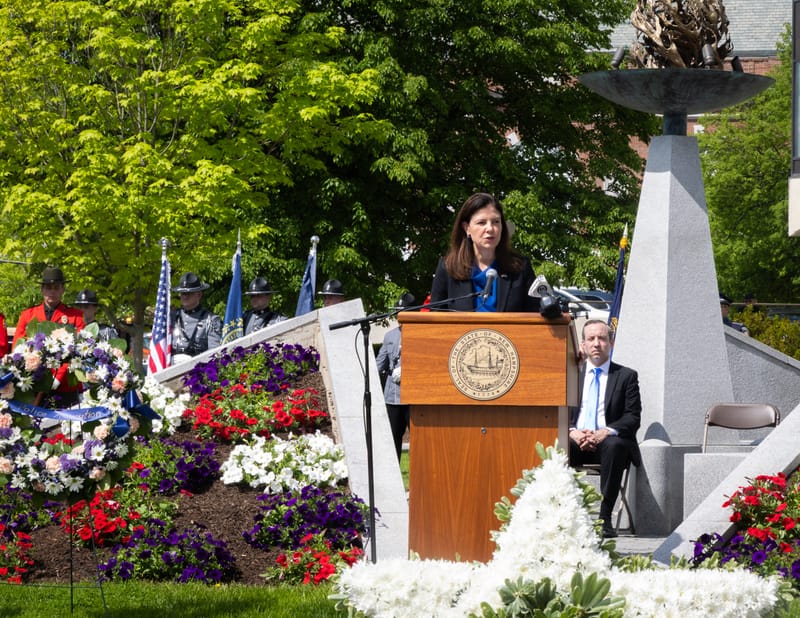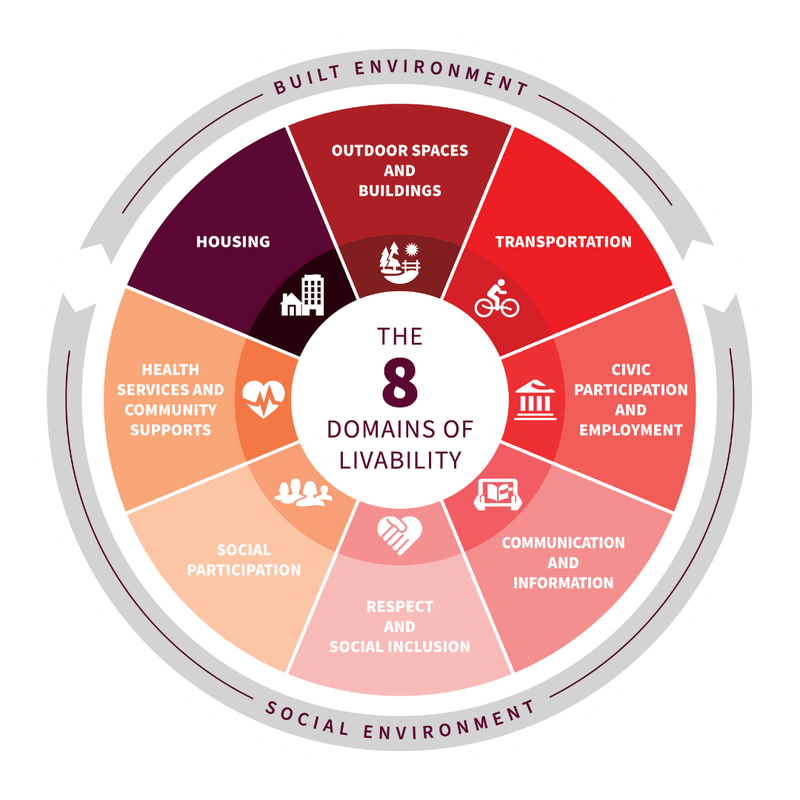Deadline for New Hampshire congregations to apply for Sacred Place grants approaching
MANCHESTER, NH – Congregations with buildings of historical significance and architectural character that may be eligible for matching grants from the National Fund for Sacred Places to help preserve their place of worship have a little more than a month to apply. The national fund deadline for lett


MANCHESTER, NH – Congregations with buildings of historical significance and architectural character that may be eligible for matching grants from the National Fund for Sacred Places to help preserve their place of worship have a little more than a month to apply.
The national fund deadline for letters of intent is Feb. 29. Capital grants between $50,000 and $500,000 in the competitive program – there were 16 grant awardees in 2023 – provides assistance to active, community-focused congregations that are undertaking significant preservation projects.
The fund is a program of Partners for Sacred Places in collaboration with the National Trust for Historic Preservation, and is the only one of its kind in the U.S., according to its website.
Two New Hampshire places of worship have received the grants since the program began in 2016, Dover Friends Meetinghouse, in 2022, and St. Mary and Archangel Michael Coptic Orthodox Church in Nashua, in 2018.
Most of the grant awards are in the $50,000-$250,000 range, according to the fund. Program staff determines award amounts when grant applicants are approved. “We strive to fully fund grant requests but retain the discretion to reduce the award amount to meet program goals, particularly for grant requests over $250,000,” the fund says in its application requirements.
Grants of $50,000 to $175,000 require a one-to-one match; grants of $175,001 to $500,000 require a two-to-one match. Application requires that 25% of the matching funds are raised or pledged – after entry into the program – before any disbursal of the grant disbursed.
Grants above $250,000 are limited, and congregations requesting them “must be exceptional in all of our evaluation criteria and must exhibit a high level of fundraising readiness.”
The 2023 application pool “was the most competitive yet,” Bob Jaeger, president of Partners for Sacred Places, said when the awards were announced. “The members of the new cohort stood out for their admirable commitment to using their historic religious properties as civic assets.”
He added, “We are excited to collaborate with the National Trust in serving faith leaders who are working hard to ensure that their buildings are preserved, fully used, and able to serve their communities over the long term.”
The grants help preserve places of worship that “hold so many stories about American history, architecture, and religious expression,” Jay Clemens, interim president and CEO of the National Trust for Historic Preservation said. “These capital grants, and the wrap-around services provided by the National Trust and Partners for Sacred Places, will support congregations that are working to sustain their historic buildings and enrich the future of their communities.”
Since it began in 2016, the fund has awarded or pledged more than $21.5 million to 113 congregations in 39 states, the District of Columbia, and Puerto Rico. Congregations span many different faiths.
For full eligibility requirements for National Fund for Sacred Places grants, visit the fund’s website. But in general, eligibility criteria include:
- The property must be in the U.S. or its territories.
- The property must have been built as a house of worship and must be owned by an active community of faith.
- The congregation must be at least three years old.
- The applicant must be a religious congregation or closely affiliated nonprofit organization.
- The property must have historic, cultural, or architectural value and/or be listed on or eligible for the National Register of Historic Places.
- The property must be occupied by a congregation that is community-minded and that serves nonmembers. Congregations that share space and partner with other nonprofit organizations are prioritized.
- The property must have urgent repair needs related to structural components, walls, roofs, or other elements of the building envelope that are integral to building preservation and longevity. Projects that improve functionality or improve accessibility of the property in accordance with the Americans with Disabilities Act are also eligible, as well as renovation projects that make vacant or underused space usable for community outreach, with some qualifications.
- Anticipated capital projects must respect the property’s historic character and materials, and must adhere to the secretary of the interior’s Standards for Rehabilitation.
- The congregation must demonstrate a need for project funds that exceeds the congregation’s typical donor base and membership.
- The applicant must exhibit several signs of positive organizational health, specified in eligibility requirements on the website.
- The congregation must work with Partners for Sacred Places and the National Trust for Historic Preservation before grant disbursement to ensure that all program requirements have been met.
New Hampshire grant award winners are:
Dover Friends Meeting House, awarded $50,000 in 2022, matched with $50,000 raised by the congregation. It’s believed to be the only surviving 18th-century Quaker meeting house in the state. It was built by more than 150 local men and boys, using post and beam construction, in a single day in 1768, according to the fund website. “Since its inception, Dover Friends has worked to establish religious freedom and advance women’s equality,” the fund says.
Today’s “small but growing congregation” takes part in extensive community outreach that includes serving meals to under-resourced community members, holding a weekly vigil for racial justice, leading a green burial program and running a prison visit ministry. Dover Friends is also part of the multi-faith Seacoast Interfaith Sanctuary Coalition, which provides shelter, fellowship, and financial support to immigrants and refugees facing deportation.
The grant helped bring the apartment above the meeting room to meet a 2020 municipal building
St. Mary and Archangel Michael Coptic Orthodox Church in Nashua, was awarded $250,000 in 2018, with more than $1 million raised by the community to match it.
The church was built in 1898 as St. Francis Xavier Church to serve the Franco-Catholic immigrant mill-worker community. The church’s Norman Gothic Revival architecture “is recognized as one of the finest and most elaborate designs” of Timothy O’Connell, a well-known architect of his era. St. Francis closed in 2003, and the Coptic Orthodox Church bought the building in 2009 to serve the Egyptian refugee immigrant community.
The church provides legal aid, English as a second language classes, and free health clinics for Nashua’s immigrant community. It helps refugees find employment and housing and is a community venue for youth programming, community lectures, concerts, and an Egyptian festival, according to the fund website.
The grant supported continuing restoration of the church, including stabilizing and restoring exterior masonry, repairing the roof, and preventing water infiltration.





